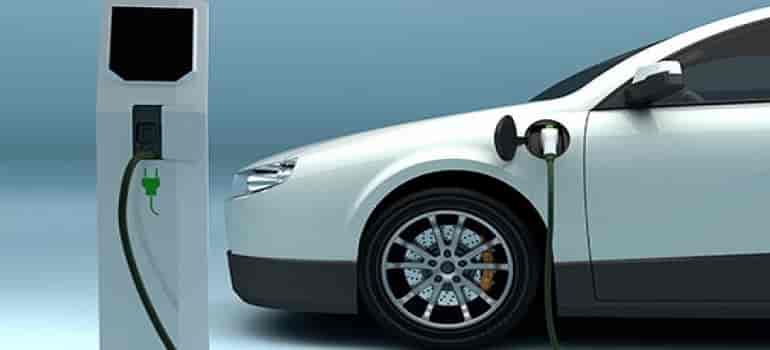High costs, limited infrastructure, and challenges with green hydrogen production hinder adoption of fuel cell electric vehicles.
Electric vehicles (EVs) are having a moment. Battery-powered cars, vans, and buses are becoming increasingly common, and even trucks are starting to make the switch. But there’s another type of EV out there: the fuel cell electric vehicle (FCEV). FCEVs use hydrogen fuel cells to generate electricity, which then powers the vehicle. They have some advantages over battery-electric vehicles (BEVs), such as longer range and faster refueling times. But they also have some major drawbacks, which have limited their adoption.
A new report from IDTechEx, “Fuel Cell Electric Vehicles 2024-2044,” takes a close look at the FCEV market. The report predicts that FCEVs will account for just 4% of zero-emission vehicles on the road in 2044. So, what’s holding FCEVs back?
The Challenges of FCEVs
There are three main challenges facing FCEVs:
- Cost: FCEVs are more expensive than BEVs to produce and purchase. This is due to the high cost of hydrogen fuel cells and the lack of economies of scale.
- Infrastructure: There are far fewer hydrogen refueling stations than there are electric vehicle charging stations. This makes it difficult for FCEV drivers to find fuel, especially outside of major cities.
- Hydrogen production: Most hydrogen is produced from natural gas, which is not a zero-emission process. To truly be green, FCEVs need to be powered by hydrogen produced from renewable sources, such as solar or wind power.
Where FCEVs Have a Chance
Despite these challenges, there are some areas where FCEVs have a chance to compete with BEVs. These include:
- Heavy-duty trucks: The long range and fast refueling times of FCEVs make them a good option for long-haul trucking.
- Buses: FCEVs can be a good option for buses that travel long distances or have demanding schedules.
- Off-road vehicles: FCEVs can be a good option for off-road vehicles that need to go long distances without access to electricity.
The Future of FCEVs
The future of FCEVs is uncertain. They face some major challenges, but they also have some potential advantages. It will likely be some time before FCEVs become a mainstream technology, but they could still play a role in the transition to a zero-emission transportation future.


